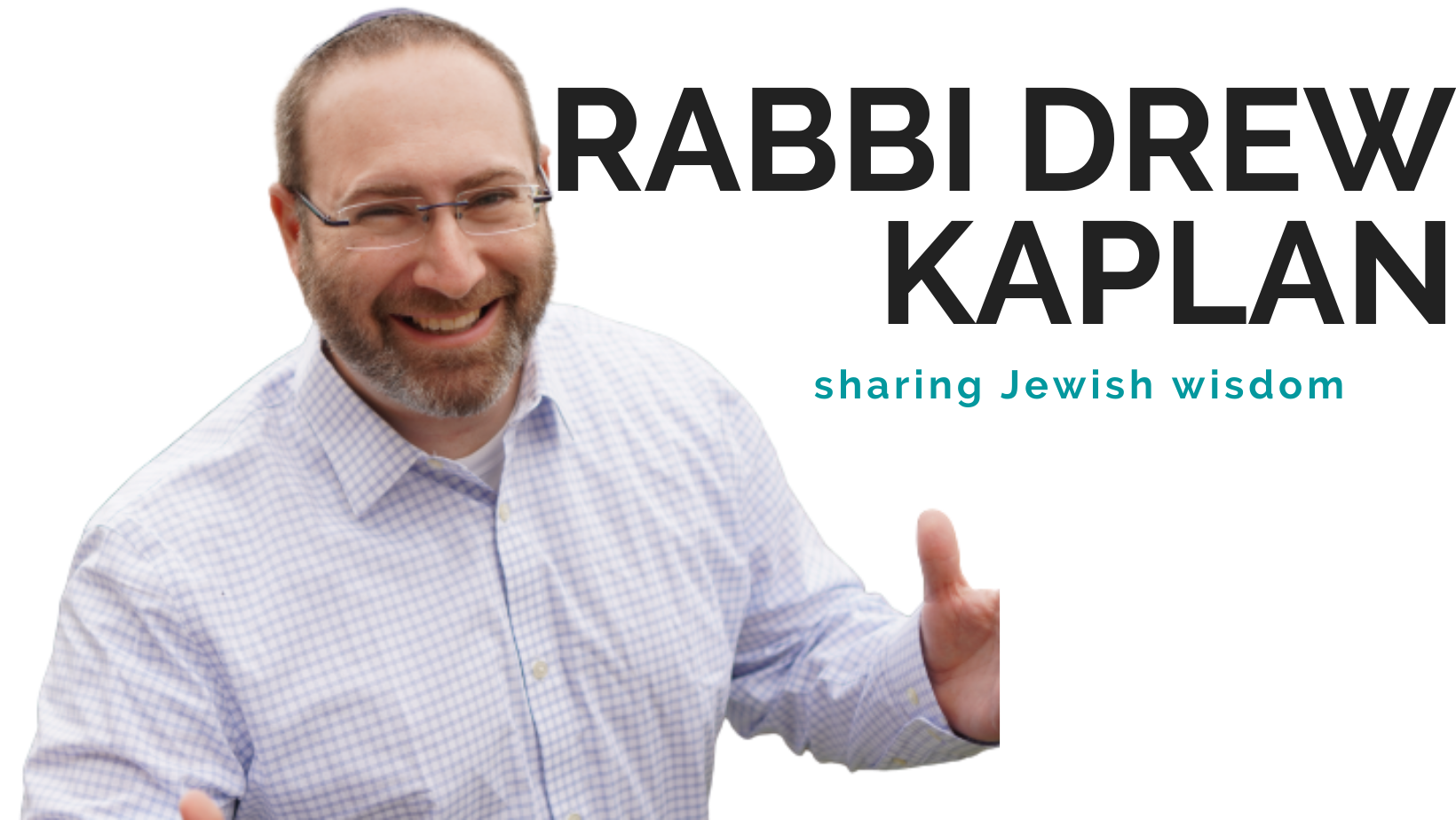
Last week, I attended a Birthright Israel NEXT Western Regional NEXTwork Convening in Southern California, designed for Jewish communal professionals who work with young adults. The convening, which took place at The Ranch of the Leichtag Foundation in Encinitas on 16-17 June, focussed on engaging post-Taglit-Birthright Israel participants and encouraging their involvement in Jewish life. This was the second such convening of Birthright NEXT that I have attended, with the previous one having been in May 2012 in Long Beach (25 months ago, about which I have not [yet] written).* The location was great and I hope to somewhere, sometime write further about The Ranch.

I attended, primarily (but not exclusively) due to my having recently lead – for my first time – a Taglit-Birthright Israel trip and wanting to not only hear what other people are doing and to get a better sense of what to do post-trip-wise, but also simply to be in such a space to thinking about what to do.

I came away from the convening with not only a renewed sense of the importance of post-trip engagement for our bus (most of whom live within the area), but also for reaching out to other recent Taglit-Birthright Israel trip participants, who may be looking to plug in to Jewish life and/or their Jewish identities. Moreover, I also spoke with some other nearby trip leaders to let them know that I am available for meeting up with their participants post-trip to guide them along in their Jewish journeys.

Somewhere else in the conversation at the convening, someone posed the question: “What’s the plan for weaning millenials to be independent?” Meaning: it’s great for organizations to be arranging events, etc. for these young Jews, but perhaps an important goal is to “teach people how to create Jewish events and to create Jewish life for themselves.”

The core content delivered at the convening was by Dr. Josh Yarden, who presented on “Designing Experiential Educational Programs”, which was a very helpful session on facilitation. Here are some of the conceptual gems Dr. Yarden shared:
-Some people are either extremely well-planned and everything must go according to that layout of the discussion while other people are entirely go-with-the-flowniks. However, to be a good facilitator, you have to be extremely well-planned AND be flexible; too often, people become locked in one way or another.
-The best plan is to be so well-prepared that you can set aside your plan and bring in the material accordingly.
– Don’t get distracted by running in a tangent; instead, you can say, “I like what you had to say – remind me later to talk about that.”
– It’s not about you – don’t make the session about you and talking about you, etc.
– If you use language that they might not understand, that can be alienating to the audience
– When coming back from a meal or something similar, it is good to do some sort of activity to settle people down
– When studying Jewish texts, people who are not that familiar with Judaism usually expect two things from texts: 1) That they are going to be alienating and 2) That they need to treat them with reverence. When they actually engage with them, people can be opened up with new perspectives.
– Texts can be used as a portal into people’s identities
– One goal of studying Jewish texts is to enable the audience to have a connecting with Jewish texts. We can give them a fun way to connect with Jewish texts and Jewish language
– Learning consists of a tripartite of aspects: Knowing, Doing, and Feeling and usually, in order to get to knowing, it needs to start with feeling, then doing, then knowing. This is Affctive Learning – how are they going to integrate this knowledge into their lives? You want to create the aesthetic and the feeling, and not trying to teach everything
– If you’re not asking good questions, you’re not going to get good answers
– Don’t say what you’re not going to do – only talk about what you are going to do
– He likes to have three texts up for discussion: a traditional Jewish text, a contemporary Jewish text, and a general text
– It’s a good thing to model oneself being vulnerable
– If you don’t collect feedback, you’re not going to help the field move forward

Another tool he gave us in considering a content-based discussion is that of the triangle-square-circle: you should have three points [as a presenter] (Triangle), what are the takeaways you want them to have [in other words, what do you want them to be squared away with?] (Square), and sometimes you need to revisit something (Circle).
I tend to like content-heavy elements and I greatly enjoyed Dr. Yarden’s material.

Attendees from Hillels, Jewish Federations, and other staff from such organizations were present to come together to discuss engagement strategies and thinking about the particular population. One of our earlier sessions was led by Adam Pollack, the Western Regional Director of Birthright NEXT, who laid out some foundational information about millenials, the generation that is going on Taglit-Birthright Israel trips these days, which was helpful. Even if we had a sense of those with whom we are working, it was still helpful to be reminded of who they are. We also heard from Morlie Levin, the CEO of Birthright NEXT, who gave a background as to what Birthright NEXT is doing these days. Rabbi Ari Weiss, the Senior Director of Education at Birthright NEXT, also spoke a couple of times, including guiding a discussion around the Taglit-Birthright Israel Educational Platform and how we can translate it into action post-trip.
I hope to continue to write about how these post-trip follow-up activities go….
—-
* Although I have referenced it.
